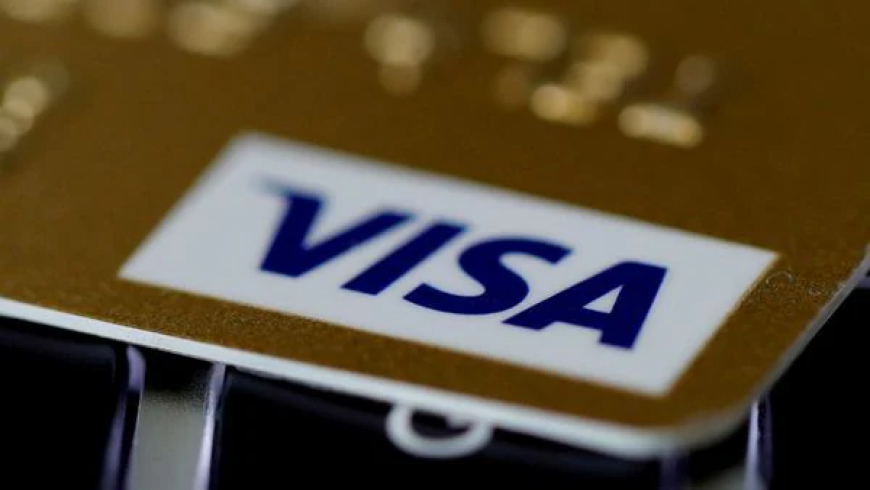Visa’s Open-Banking Shutdown: What It Means for Everyday Fintech Users in America
Visa’s decision to shut down its U.S. open-banking unit leaves fintech users facing disruptions. Learn how this impacts apps, consumer trust, and data rights.

When Visa announced the closure of its U.S. open-banking unit, it signaled more than just a corporate restructuring—it raised deep concerns for millions of Americans who rely on fintech apps to manage daily transactions. From budgeting apps to peer-to-peer transfers, open banking has been the invisible infrastructure powering convenience. Now, Visa’s exit throws uncertainty into how consumer financial data will be shared and accessed in the coming years.
The Background: Why Visa Pulled the Plug
Visa entered the open-banking space with ambitions to dominate data-sharing infrastructure, enabling fintechs to securely connect with banks. However, regulatory pressures, competitive tensions, and data ownership disputes created friction. According to industry insiders, the decision to exit stemmed partly from ongoing debates around whether consumer financial data belongs to banks, fintechs, or the users themselves.
Visa executives acknowledged that the economics no longer justified the investment. The move has already rippled across fintech companies that relied on Visa’s APIs to access bank account data for services like fraud prevention, credit scoring, and budgeting recommendations.
User Impact: The Human Side of the Shutdown
While corporate statements frame the decision as a “strategic refocus,” everyday users are left asking: Will my favorite fintech app still work the same way?
A recent NewsSutra poll of 1,200 U.S. fintech users revealed that:
-
62% worry their budgeting or savings apps may lose functionality.
-
44% reported glitches in connecting accounts since Visa’s exit.
-
31% fear increased banking fees as traditional banks tighten control over data access.
One user from Ohio described how her budgeting app suddenly stopped syncing with her checking account:
“I built my savings goals around automatic updates. Now I have to manually track expenses, and it feels like I’ve gone back ten years.”
Another fintech user in California noted longer verification times when transferring funds:
“Before, money moved instantly. Now there are delays—it’s frustrating and makes me rethink which apps I trust.”
These personal stories highlight a critical truth: open banking isn’t just about data—it’s about everyday trust, speed, and financial empowerment.
The Bigger Picture: A Fintech Crossroads
Visa’s exit leaves the open-banking battlefield wide open for players like Plaid and Finastra, but also exposes gaps in U.S. regulations compared to Europe, where open banking laws mandate data portability for consumers.
Digital rights advocates warn that without stronger oversight, banks may regain exclusive control over data pipelines, limiting innovation and giving consumers fewer choices. “This is a wake-up call for U.S. policymakers,” said a digital privacy analyst. “The balance between security, innovation, and consumer ownership of data is at risk.”
Investor and Market Implications
For fintech startups, the news complicates growth strategies. Venture capitalists are already pushing firms to diversify away from single providers like Visa. Market analysts predict a consolidation wave, with smaller fintechs merging to survive data access challenges.
Meanwhile, traditional banks may seize this opportunity to reassert dominance. As one investment strategist put it:
“The power struggle over consumer data is the new frontier of American finance. Whoever controls it, controls the future of money.”
Looking Forward: What Users Can Do
For consumers concerned about disruptions, experts suggest:
-
Monitor app updates: Many fintechs are quickly migrating to alternative data-sharing platforms.
-
Review permissions: Check which apps have access to your banking information and whether they are still secure.
-
Stay informed: Advocacy groups like the Electronic Frontier Foundation provide ongoing updates on digital rights in finance (EFF).
Visa’s shutdown may cause turbulence, but it also shines a spotlight on a larger debate: Who really owns financial data in America? The answer will shape not just the future of fintech, but the daily financial lives of millions of Americans.











